Kyiv – Ukraine
The Ukrainian government has been attempting to improve relations with China, with whom it had some serious problems only a few months ago. The two governments have signed a cooperation agreement on construction works and this agreement also opens the way for Ukraine to get credit from China. People close to the Ukrainian Government have even praised China in response. With regard to the pro-Western position of Ukraine’s ruling elite, this situation is quite unusual. So, what exactly is behind this rapprochement?
There are several books and articles which depict Ukraine as a country between East and West. However, up to now, the term “East” predominately meant Russia. However, it seems that Russia may now be replaced with China.
As is well known, Ukraine is located in a key strategic position in Eastern Europe and mainly because of this position, it has become a place of conflict between Russia and the Western powers throughout history. Both American strategists (such as Henry Kissinger) and Russian strategists (such as Alexander Dugin) emphasize that it is essential for Russia to have influence on Ukraine in order to become an empire again. Since the middle of the 1990s’, Ukraine has played a key role in containment policies of the US against Russia.
During the 30 years long independence period of Ukraine, two pro-Western revolutions occured: The “Orange Revolution” of 2004 and the 2014 Revolution. Until 2014, Ukraine’s leaders used to pursue a more or less balanced policy between Russia and the West. The second president of Ukraine Leonid Kuchma (ruled between 1994-2004) had pursued a multivector foreign policy. The fourth president Viktor Yanukovych (toppled during the 2014 Revolution), despite being called “pro-Russian”, had also declared a multi-vectoral foreign policy (how much this matched reality is another issue).
Turmoil following the 2014 Revolution
Nonetheless, after the Revolution in 2014, the possibility of pursuing a multi-vectoral foreign policy disappeared: After the toppling of the then President Yanukovchy by pro-Western forces, Russia’s administration questioned the legitimacy of the revolution (moreover, they refused to recognize the new government for the first three months following the revolution) and fearing that the new pro-Western government might cancel the rent agreement that allowed Russia’s Black Sea Fleet to use the Naval Base in Sevastopol Port of the Crimean Peninsula, Russia seized the Crimean Peninsula. Having the support of a great part of the local population in Crimea (most of whom are ethnic Russians), Russia organized a referendum in Crimea (boycotted by the Crimean Tatars) and soon thereafter, annexed Crimea. Despite the fact that most of the international community did not recognize the annexation of Crimea, Russia now considers this territory as a part of its homeland and refuses to negotiate this issue. Soon after the annexation of Crimea (March 2014), pro-Russian groups rebelled in Donbas region (in the south-east of Ukraine) and with the support of Russia, they seized control of two province centers (Donetsk and Luhansk cities). For more than 7 years, those two province centers have been under the control of pro-Russian armed groups.
The results of the events of 2014 were in general catastrophic for Ukraine. First of all, Crimea was the main tourism center of Ukraine. Donbas was the main industrial zone of Ukraine and coal mines were also there. Thus, losing the control of those territories brought the Ukrainian economy to the brink of an economic collapse. Moreover, more than 1,5 million people emmigrated from the Donbas region to the other parts of Ukraine or to abroad and this process had heavy economic and social consequences.
The impossibility of improving relations with Russia
Moreover, those events had eliminated the possibility of maneuvering between Russia and the West: The political forces which organized the 2014 Revolution had a clear pro-Western and anti-Russian orientation. Secondly, Russia’s actions toward Ukraine had also annihilated the chance of rapprochement between Russia and Ukraine: After all, Russia had annexed some part of Ukraine and many people were dying in the war in the Donbas region, between the Russian backed armed groups and the Ukrainian security forces. Under those circumstances, advocating a pro-Russian foreign policy would be seen as “treason” by many people. However, Ukraine could not find satisfactory support from the West either. One of the main motives of the revolution of the 2013-2014 was the aspiration of the pro-Western electorate of Ukraine (not “the aspiration of all Ukrainians”, as some people claim) to join the European Union. (During the demonstrations, hundreds of thousands of people were shouting “Ukraine is Europe”). During the revolution, the demonstrations, which were banned by the then Yanukovich administration were visited by the US official Victoria Nuland and she had given moral support to the demonstrators. During those days, such an impression was created that it was as if Ukraine’s EU membership was a matter of a few years. However, after the revolution and after Russia and Ukraine actually came into the state of warfare, the West did little to help Ukraine. Although the pro-Western politicians repeat that the Ukrainian soldiers in Eastern Ukraine fight not only for Ukraine but also for the whole Western civilization and in return expect greater support from the West, those calls have met unanswered. First of all, it is clear that the EU is not ready to accept Ukraine as a new member (Ukraine is too big for the EU and has many problems, such as poverty and corruption). Secondly, Germany and France, which are the most powerful countries of the EU, do not wish to deteriorate their relations with Russia. Thirdly, the US also does not wish to harm its interests for Ukraine; the US and its allies simply “watched” during the annexation of Crimea by Russia). The US and Britain tend to contain Russia, but they don’t want to negotiate in this process with Ukraine. For this reason, even the pro-Western circles in Ukraine have been saying that Ukraine is being perceived as an object of international relations, not as an actor.
During the presidency of Petro Poroshenko (2014-2019), the Ukrainian Parliament made an amendment to the constitution and the Euro-Atlantic course of Ukraine became a constitutional obligation.
The current president of Ukraine Volodymyr Zelensky came to power two years ago and unlike his predecessor Petro Poroshenko, who was an ardent supporter of pro-NATO and anti-Russian foreign policy, Zelensky at first seemed to be a supporter of more moderate pro-Western policy. In other words, during his first year in power, he did not reiterate the NATO membership issue and despite the fact that he showed that he has a pro-Western attitude, he sought reconciliation with Russia on some issues. However, those initial policies failed and he chose to orientate to the pro-Western electorate in Ukraine. In this way, he began to emphasize the NATO membership goal of the government and his criticism toward Russia became sharper and sharper. After Biden came to power, the Ukrainian government made more references to that direction. Biden’s initial speeches and attitude also gave the impression that he would advocate Ukraine against Russia.
Disappointment with Biden
Nonetheless, Biden also caused great disappointment among the pro-Western elite in Ukraine. This has many reasons, the most important being that two months ago, he announced that the US would cancel the sanctions on the North Stream-2 project. As it is well known, the North Stream – 2 project plans to bypass Ukraine and to deliver the Russian gas directly to the European countries via the pipeline to be constructed on the seabed of the Baltic Sea. Germany has been calling this project an economic project, not political. However, Ukraine’s ruling elites perceive this project as a heavy blow to Ukraine’s vital interests. The removal of the sanctions was a real shock for the Ukrainian government. Although the Biden administration declared that they would take measures to guarantee the transit country status of Ukraine, as the Ukrainian President’s Spokesman said, the US has not yet explained how they will guarantee this. As we said above, the Ukrainian administration has also been disappointed in its relations with the EU. During the last summit of the Eastern Partnership Program of the EU in Batumi, when it was declared that the next summit would be held in December, President Zelensky there said that the Eastern Partnership program had to be filled with concrete content and that, there was no sense to organize summit just in order to be gathered. Moreover, unlike in previous years, Ukraine has been unable to get financial assistance from the IMF or the US.
Those circumstances gave the impression that Ukraine was in a dead end: The Ukrainian government had cold relations with the West, but since its relations with Russia have been terminated, it had no alternative in foreign policy.
China: a new alternative
However, a new alternative has arrived: China. Over the last two years, China has been Ukraine’s greatest foreign trade partner. Although China has close relations with Russia, it has refused to recognize annexation of Crimea by Russia and it has managed to improve its relations with Ukraine, and, step by step, managed to become its biggest trade partner. Ukraine’s government had some serious problems with China three months ago: The government prevented the sale of the Motor Sich factory (the producer of plane motors) to a Chinese company. The Chinese side claims that Ukraine’s authorities acted in this way under the pressure of the US. But within a short time after that, the Ukrainian government began rapidly improving relations with China.
The most sensational event that shows the change in the foreign policy occured at the end of June: On June 22, Ukraine, together with 43 other states, signed a declaration of the UN where China was criticized over the Uyghur question. However, only two days later, Ukraine withdrew its signature. Shortly thereafter, the prominent figures of the ruling elite of Ukraine (such as the Chairman of the ruling “Servant of the People” Party in the Parliament David Arakhamia and the spokesman of the presidency) congratulated the Chinese Communist Party on the 100th anniversary of its foundation. Moreover, Arakhamia said that his party will also take the model of the Chinese Communist Party (such praise and congratulation comes from a country where the propaganda of communism and the communist party have been banned). And recently, on June 30, the two countries signed an agreement of cooperation on construction. The agreement enables credit agreements between the two countries. Xi Jinping’s book was also introduced in Ukraine in a ceremony where many prominent statesmen attended. All this is happening when the meeting of Zelensky with Biden had been postponed (the two presidents were to meet in the second half of July, but then, their meeting was postponed to an uncertain time and most recently, it has been announced that the two leaders would meet on August 30).
China’s advantages
China has many advantages in improving its relations and increasing its influence in Ukraine: first of all, unlike Western countries and institutions, China does not stipulate any political conditions to offer. Secondly, unlike Russia, which has a negative image among the nationalist circles of Ukraine and which is recognized in Ukraine as an “aggressor state”, China does not have any territorial problem with Ukraine: After all, China is far enough from Ukraine. For this reason, it is harder for the pro-Western circles to oppose against Chinese loans or against improvement of Ukrainian-Chinese relations.
Could this be a bluff?
The rapprochement of the Ukrainian statesmen with China has been causing reaction from the pro-Western part of the opposition. They say that such moves may cause further deterioration of relations with the US and that China is not only the main opponent of the US, but also “the enemy of liberty”.
Are all of these references of the ruling elite of Ukraine toward China only a bluff aimed at attracting the attention of the United States (to get financial and political aid), or is it possible to say that China might increase its influence in this part of the world? The answer to this question will be clear after Zelensky’s visit to the US at the end of August.




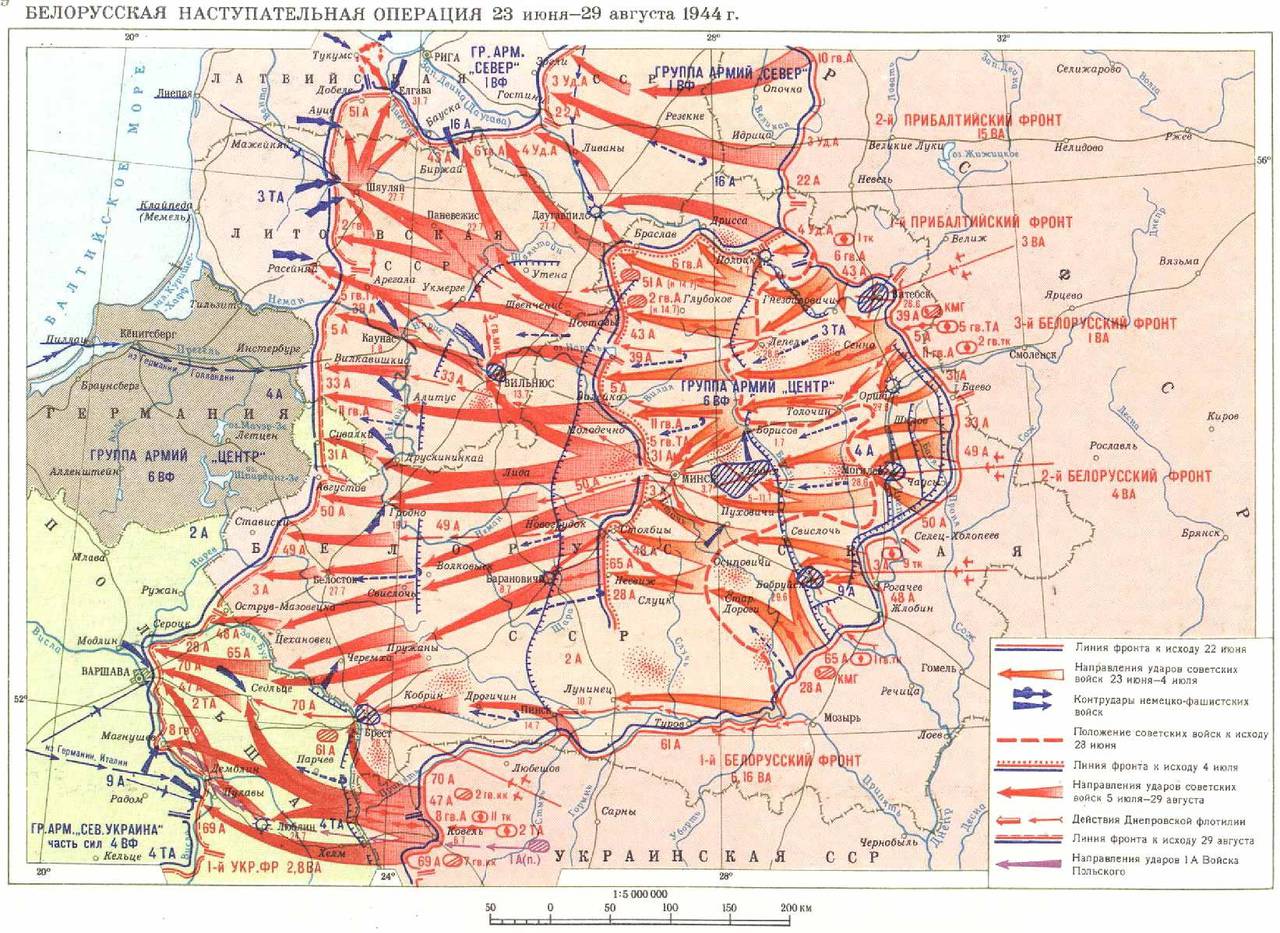
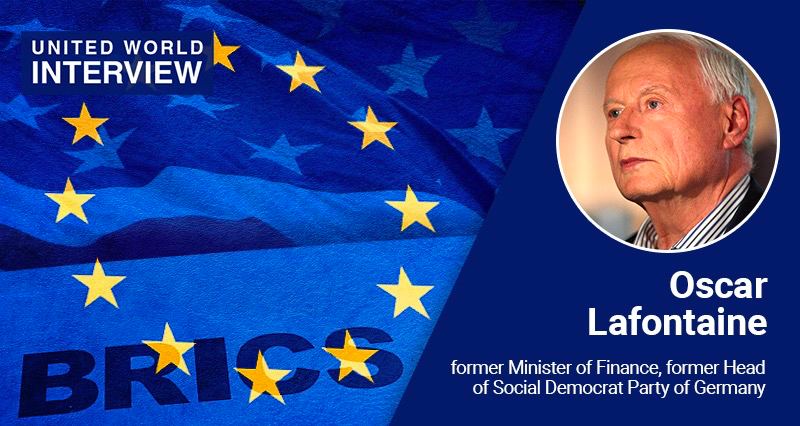

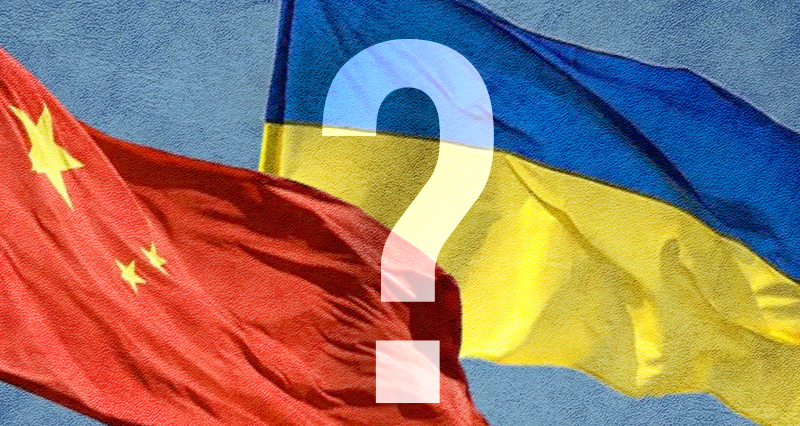
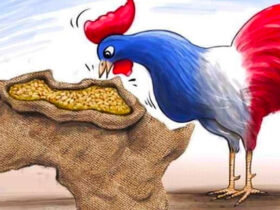
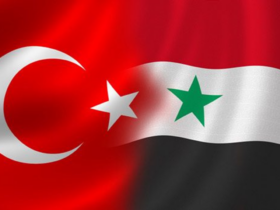
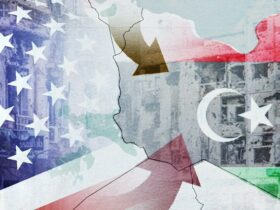

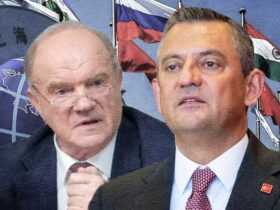
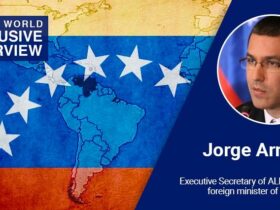
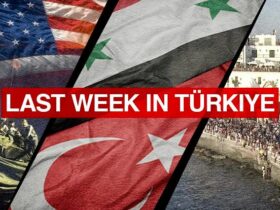
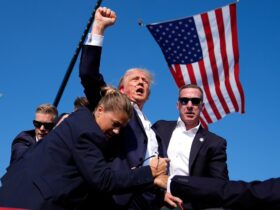

Leave a Reply